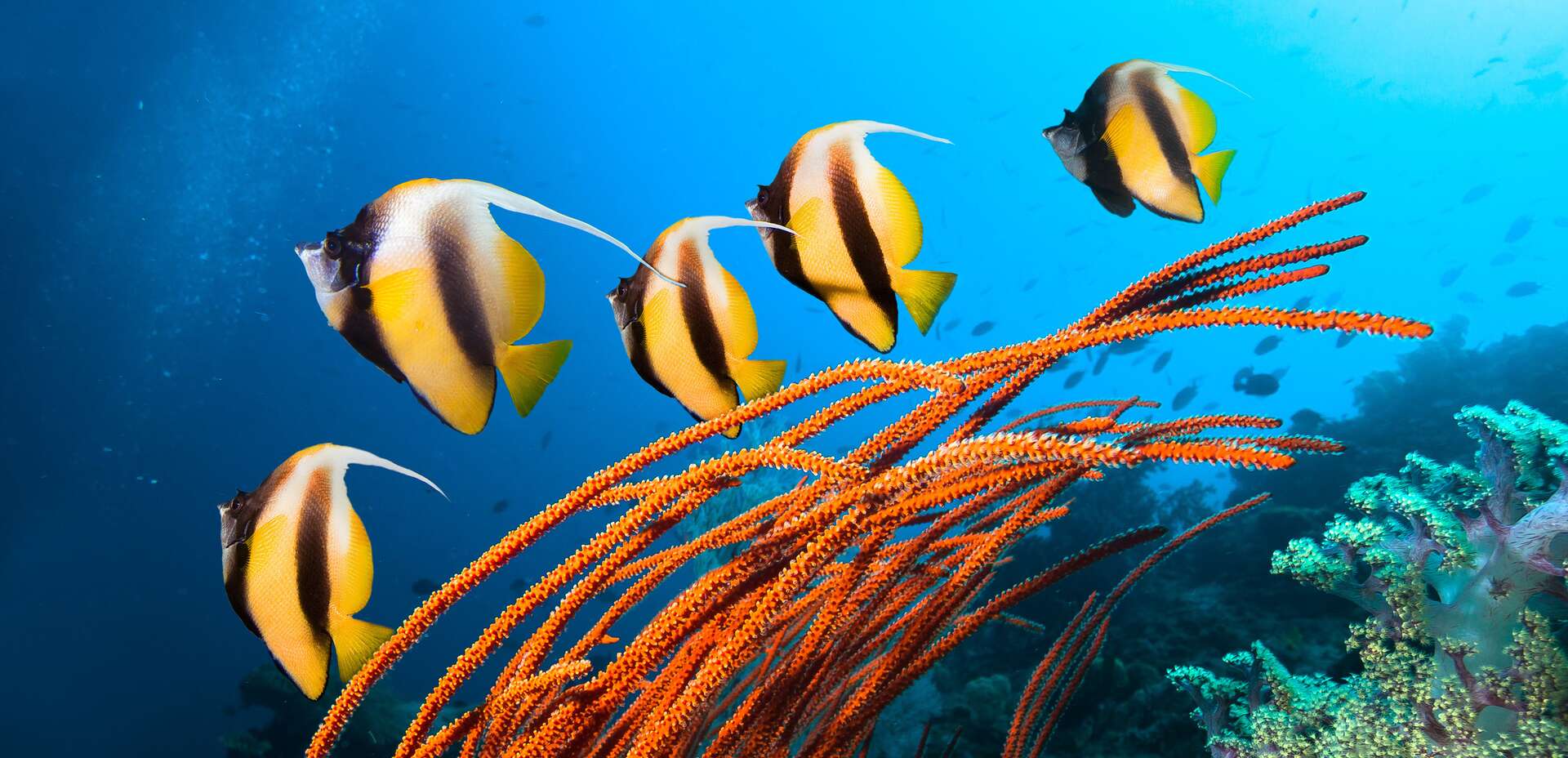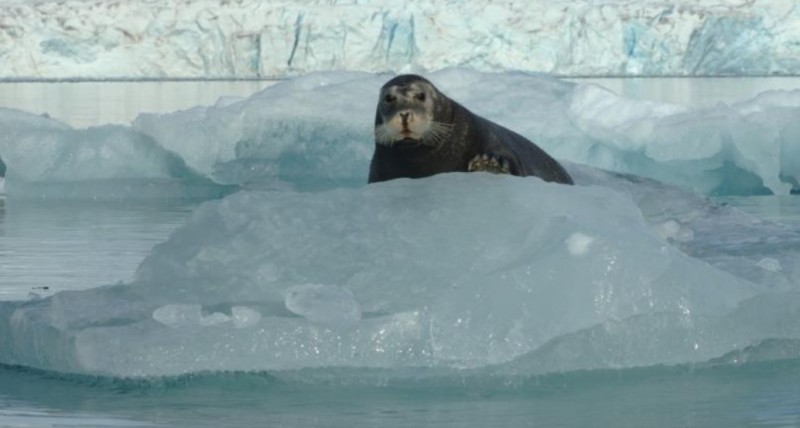Australia’s Great Barrier Reef, the largest coral reef in the world, is currently experiencing an episode of “mass bleaching”. This is the seventh since 1998, and the fifth in just eight years! Aerial surveys carried out on three hundred reefs revealed considerable damage, including in the southern part, normally less affected. Despite the Australian government’s measures, experts remain pessimistic about the recovery capacity of this exceptional natural heritage.
Is the Great Barrier Reef doomed?
The increasing frequency of bleaching episodes, accentuated by record ocean temperatures, is seriously compromising its long-term survival, and scientists estimate that 99% of the planet’s corals could suffer catastrophic consequences if the increase in average temperature reaches +1 .5°C compared to the pre-industrial era, a limit already exceeded between February 2023 and January 2024.
This environmental crisis raises concerns about the status of the Great Barrier Reef as a UNESCO World Heritage site, while the institution had already considered placing the site “in danger” in 2021. Au- Beyond the environmental and ethical aspect, the episode also raises economic questions, since the reef currently generates $4.8 billion in annual revenue through tourism. So many issues which underline the urgency of taking measures to fight the climate crisis and preserve this ecological jewel.




